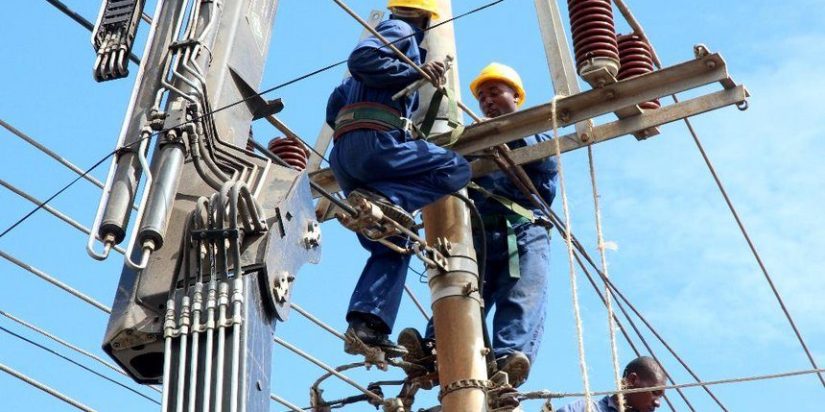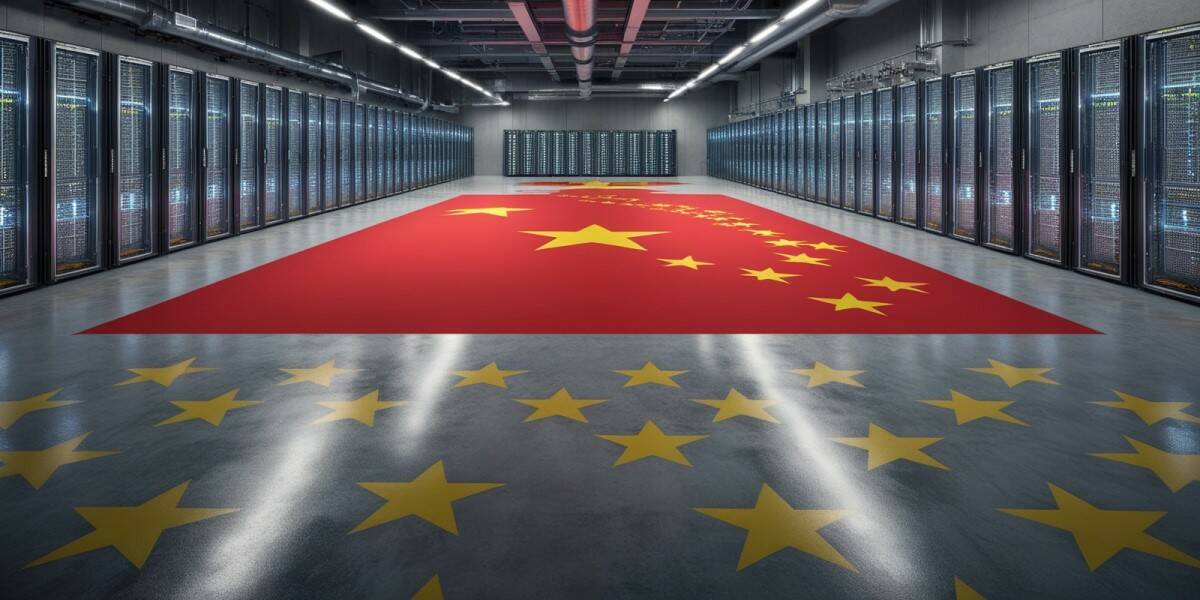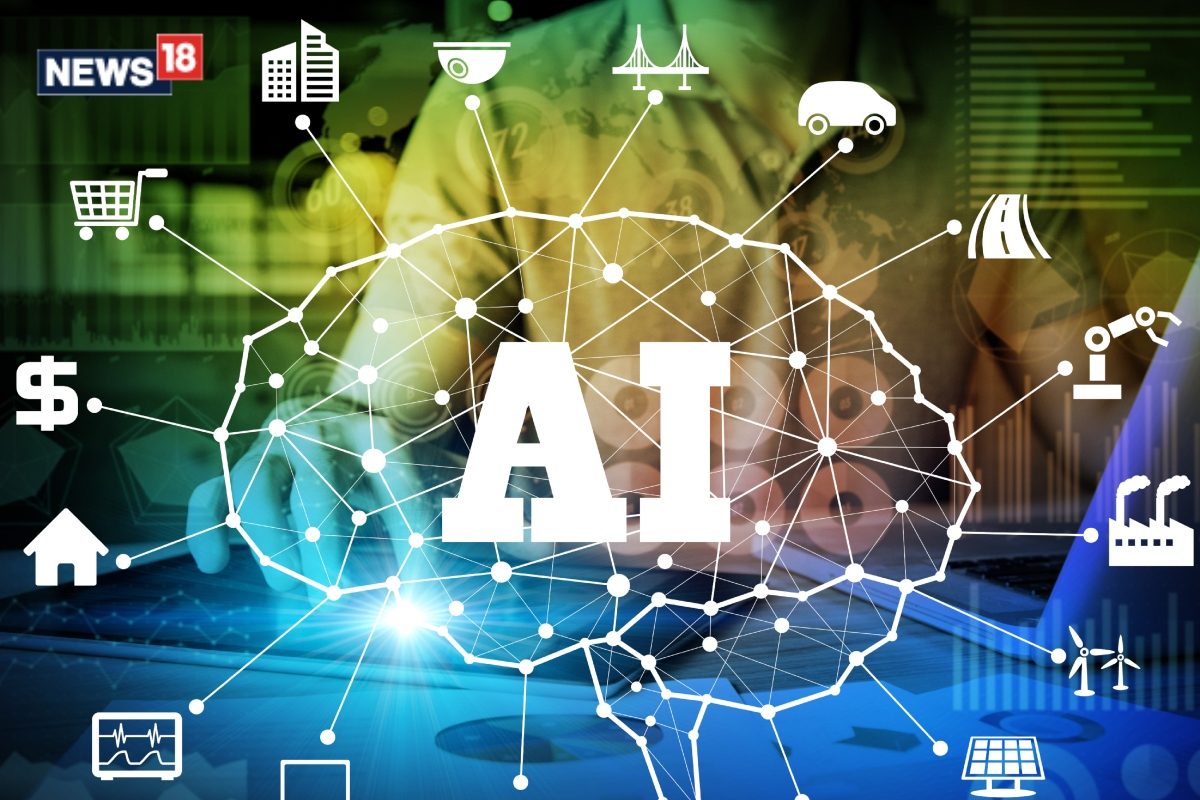
Dario Amodei, CEO of Anthropic, is arguably one of the most celebrated AI authorities today, alongside figures like Sam Altman and Elon Musk. He recently penned an extensive essay outlining an optimistic vision of a future transformed by AI . Known for his focus on mitigating AI risks, his latest essay marks a significant shift as he explores AI's incredible upside potential.
Amodei lays out an ambitious framework, claiming that with powerful AI, we could compress 50 to 100 years of scientific progress into just a decade. His argument is both simple and profound: AI could solve some of humanity’s biggest challenges—disease, mental health, poverty, and governance— if we manage its risks properly. It’s an exciting vision, but like any bold idea, it deserves careful scrutiny.
The Promise Of AI-Enabled Biological And Mental Health Breakthroughs Perhaps the most compelling argument Amodei makes is how AI could supercharge progress in biology and medicine. Imagine compressing a century of discoveries into just a few short years, curing diseases that have plagued humanity for millennia. From gene editing technologies like CRISPR to personalized treatments targeting specific cancers, the potential impact AI could have on human health is staggering.
AI-driven neuroscience breakthroughs, such as improving mental health and cognitive function, could similarly transform the quality of life for billions. This vision is both credible and exciting. AI has already delivered breakthroughs like AlphaFold, solving long-standing biological puzzles that had challenged scientists for decades.
If AI continues on this trajectory, its potential to revolutionize healthcare, extend longevity, and enhance overall well-being is immense. This is a strong case for healthcare professionals to fully embrace the ethical use of AI in procedures and research, ensuring that these technologies are responsibly harnessed to maximize their benefits for humanity. Can AI Deliver Poverty Reduction? Amodei extends his optimism to economic development, suggesting that AI could help the developing world catch up with industrialized nations.
By improving health outcomes, eradicating diseases, and driving economic growth, AI could lift billions out of poverty. Historically, technological revolutions have often favored the rich, but Amodei argues that with the right policies and interventions, AI could democratize prosperity on a global scale. Amodei’s hope for AI's potential to drive economic uplift is commendable, but this aspect must be approached with caution and skepticism.
Economic development is deeply intertwined with human factors—such as corruption, weak institutions, values, ideologies, and entrenched inequality—that AI alone cannot address. AI can provide tools and solutions, but without strong leadership, governance, and ethical standards, those tools may never reach the people who need them most. The Role Of Governance And Human Agency Amodei argues that AI could help strengthen democracy and governance, proposing that a coalition of democracies could use AI to reinforce liberal values, fight authoritarianism, and deliver better services to citizens.
While this is a noble vision, we should remain skeptical that AI alone can safeguard democracy and governance. History has shown that technological tools are neutral—they can be wielded for good or evil, depending on who controls them. In reality, authoritarian regimes and ideologies could just as easily use AI for surveillance, propaganda, and control.
China’s sophisticated AI-driven surveillance systems are a case in point. While AI has the potential to enhance governance, it also amplifies risks when placed in the wrong hands. Take, for example, an ostensibly innocuous monitoring tool like Sandvine, which was repurposed to suppress dissent in Egypt and Belarus .
As always, the battle for the soul of governance won’t be won by technology; it will require strong values, human leadership, and constant vigilance. Navigating A World Where AI Does It All One of Amodei’s more philosophical points is the question of how humans will find meaning in a world where AI performs most economic tasks. He suggests that people can derive fulfillment from relationships, creativity, and personal growth, even if AI takes over traditional jobs.
While meaning can certainly be found in areas outside of work, the transition to an AI-driven economy is likely to be far more challenging than Amodei suggests. Work provides not only economic value but also a sense of identity and purpose. A sudden shift where AI takes over entire industries could leave millions struggling to find their place in the world— similar to the uncertainty we saw after the recent longshoremen’s strike that threatened to shut down the entire U.
S. economy. While economic safety nets might be part of the solution, we need to think critically about how to help people adjust to a world where AI does more , and humans do less.
Many of us know we could automate tasks like lawn care, but some find it deeply fulfilling to do them ourselves. The examples are endless—cooking, painting, gardening, hunting, fishing, woodworking, sewing, raising children and playing musical instruments. These tasks resonate with our human essence, inherited from our ancestors, offering fulfillment that goes beyond economic value and speaks to our need for hands-on, purposeful engagement in the world.
The Need For Balance Amodei’s essay presents a thoughtful and exciting vision of how AI could uplift humanity. There is no doubt that AI has the potential to radically transform health, neuroscience, governance, and economic development. But as with any transformative technology, we need to maintain balance and not view AI as a cure-all .
For every potential upside, there is a corresponding risk—and some of those risks, particularly around governance and human agency, cannot be overlooked. The future of AI will depend not just on the technology itself but on the choices we make in how we develop, regulate, and apply it. If we get it right, the future Amodei envisions is within reach.
But if we fail to manage the risks, we may find that the same AI promising to cure diseases could also become a tool of oppression. Let’s ensure we’re prepared for both the promise and the peril of AI..














